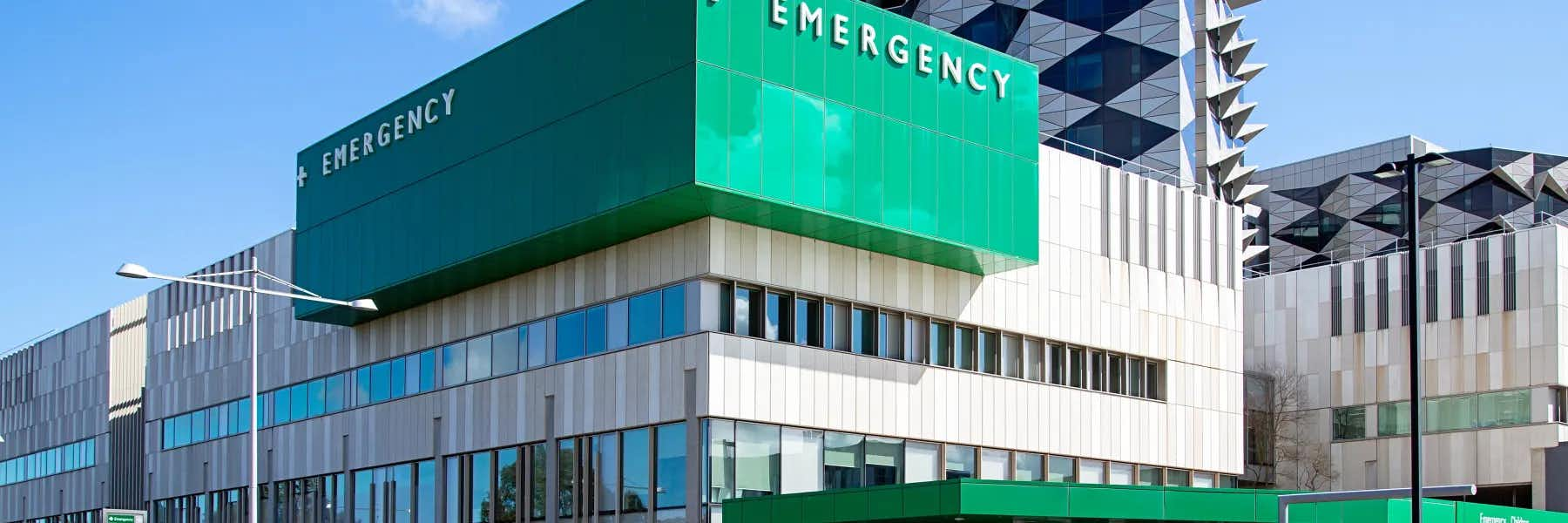With one of the highest life expectancy rates in the world, it comes as little surprise that the healthcare system in Australia is excellent. Also, you will generally find that the cost of medical treatments in Australia is significantly lower than the cost of the same procedures in the U.S.
Healthcare in Australia is a hybrid of public and private services. Medicare is Australia's publicly funded universal healthcare system, available to all Australian citizens and permanent residents. However, Medicare is not available to expats with temporary visas.
Adequate private health insurance is compulsory for expats in Australia. This means that although most foreigners who come to live and work in Australia on a temporary basis may have access to the best available healthcare in the private and public system, they will have to pay for everything—from doctor’s visits to a stay in a public hospital, if they are admitted in an emergency.
Because costs for temporary residents not eligible for the Medicare system are on par with that of private facilities, most expats in Australia without permanent residence opt to use private doctors and hospitals. Public services are only used in the case of emergencies. Another reason to opt for private healthcare is that, in the public system, there will be occasional queues for services and long waiting lists for non-emergency procedures. That said, if it does become necessary for expats with temporary residence to use the public system, there is no need to worry about the standard of care administered. Many specialists spread their work between both private and public hospitals.
While Australia does have a large number of private healthcare facilities, none of them offer emergency services, so even if you choose to use the private healthcare sector, expats will still have to rely on the public healthcare system during emergencies.





